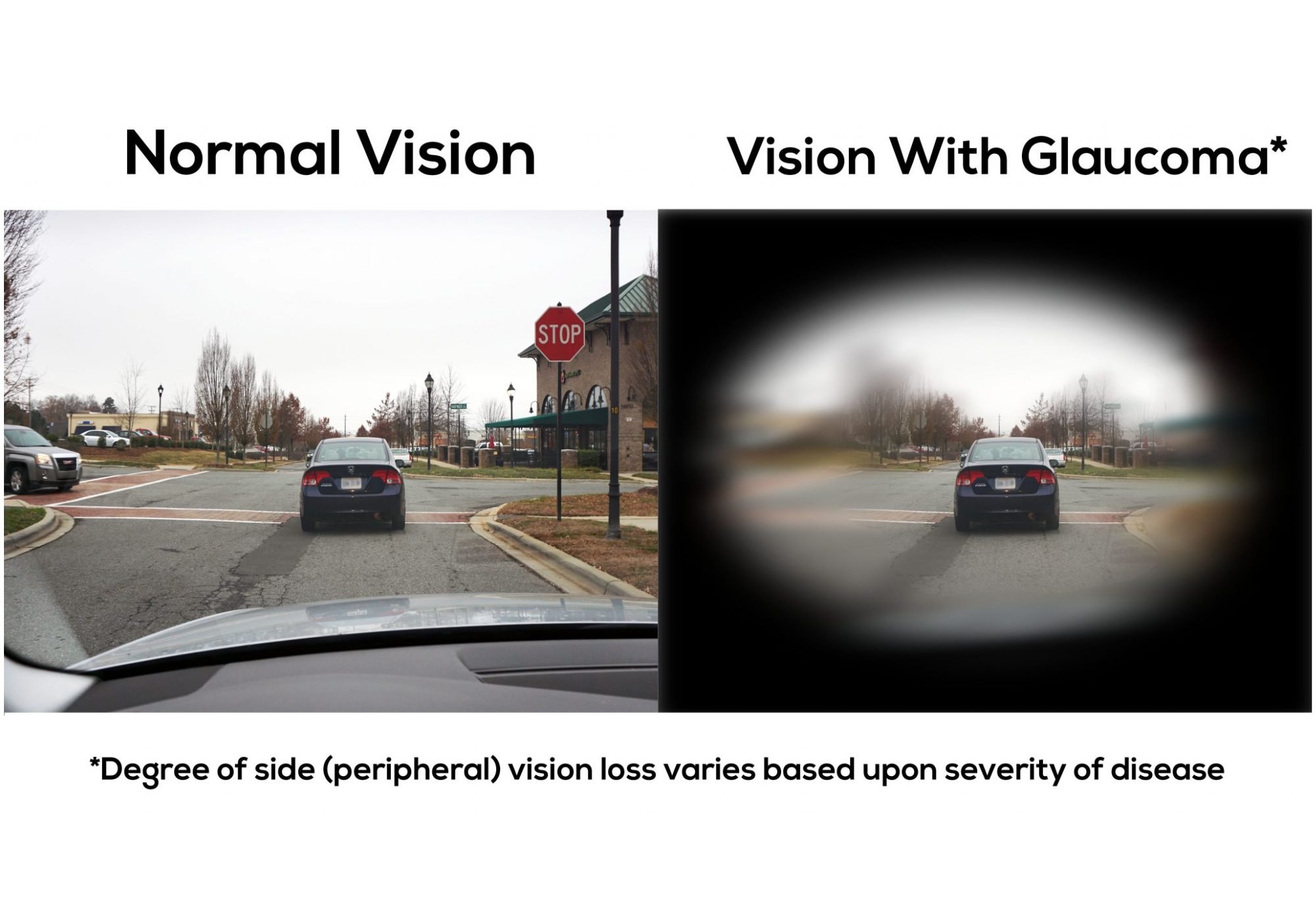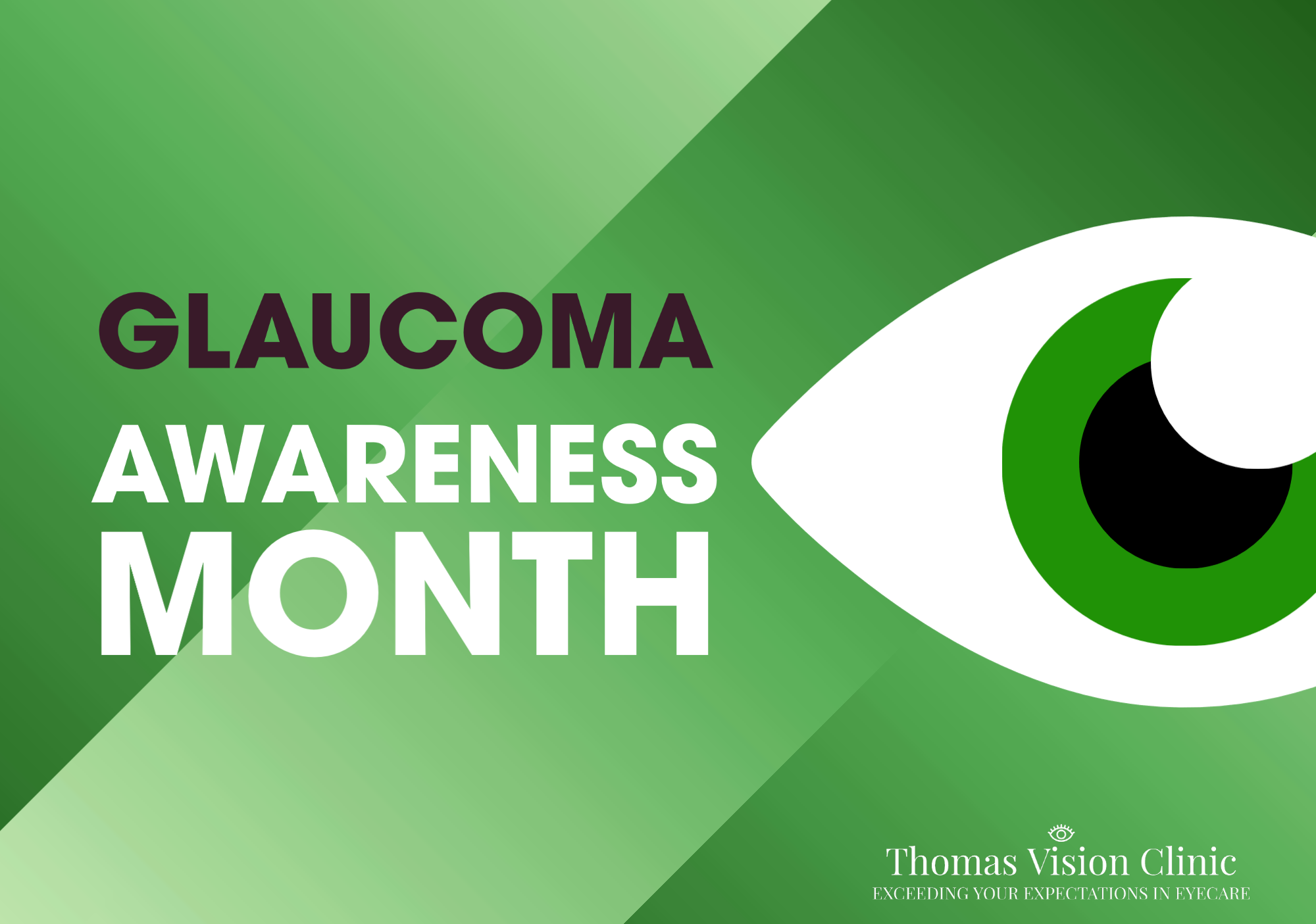What is Glaucoma?
Glaucoma occurs when the eye pressure increases and damages the optic nerve leading to impairment of visual acuity. Of all the conditions prevailing in the human eye, glaucoma is one of the most threatening ones.
Glaucoma is also known as a ‘silent thief of vision’ as it has often no symptoms and may go unnoticed in the early stages.
Causes of Glaucoma
- Long-term elevated interocular pressure
- Family history of glaucoma
- Hereditary predisposition to glaucoma
- Underlying conditions such as diabetes or high blood pressure
- Eye injury or trauma
- Being over age 60
- Extreme nearsightedness or farsightedness
Symptoms of Glaucoma
- Elevated eye pressure
- Blurred vision
- Seeing colorful haloes or rings around light sources
- Eye redness
- Eye pain
- Headaches
- Blind spots
- Cloudy vision
- Nausea & vomiting

Symptoms can vary based on the severity of your condition and the type of glaucoma. This is why routine eye exams are so important — an eye exam is the only way to detect glaucoma before permanent vision loss occurs.
By the time you notice vision problems from glaucoma, it's too late. The lost vision cannot be restored, and it's likely you may experience some vision loss, even after glaucoma treatment begins.
The most common type of glaucoma has no early warning signs and can only be detected during a comprehensive eye exam. If undetected and untreated, glaucoma first causes peripheral vision loss and eventually can lead to blindness.
Read more about Glaucoma here.
Click here to contact our office and schedule an appointment today!












